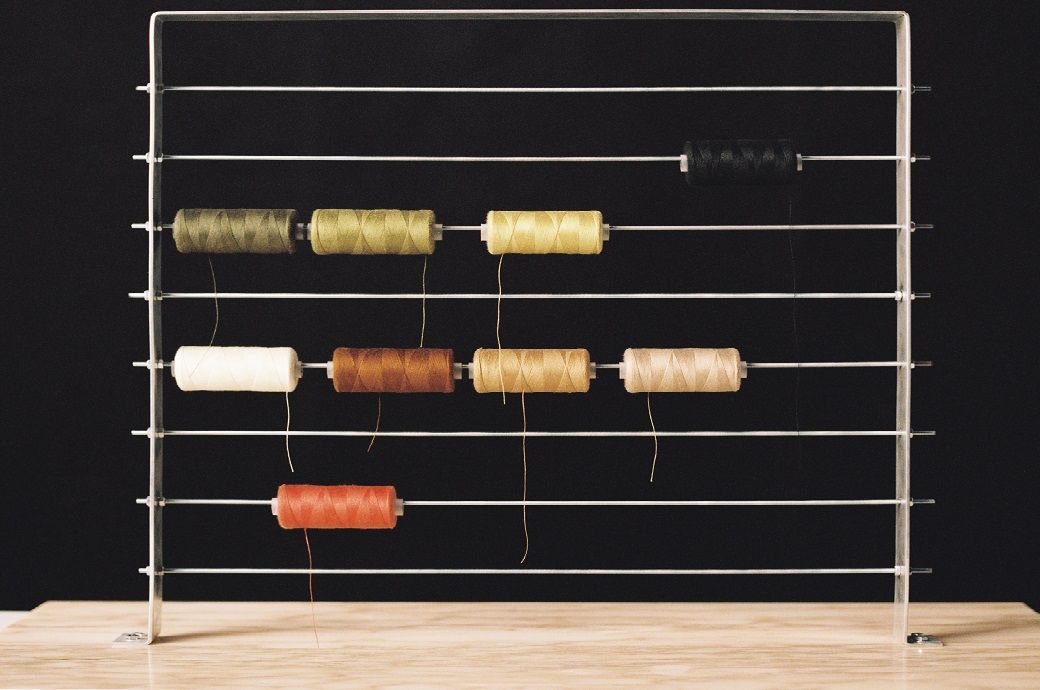
The investment, which will be aired through the company’s fashion start-up accelerator mango startup studios, creates one of the first fashion companies to incorporate recycled fibers after recycled in its collection.
Mango has become the first major fashion brand to invest in post fiber, focusing on a start-up post-conjumer textile waste. Through the Mango Startup Studio, it launched a capsule collection for Mango Kishore using 80% recycled materials. This step supports the circular goals of the mango, which aims to 40% recycled fiber by 2030 under the 2020–2026 strategic scheme.
In particular, the fashion company has launched a collection made of recycled fiber of the consumer for its young line, mango teen. Mango.com and available in selected shops are made up of 10 products such as the new limited-sanskrit capsules, T-shirts and sweatshirts, most of which are made of 80% recycled materials. The novelty of the project lies in the fact that, in this percentage, about 15% of the post comes from fiber, in other words, fiber from clothes that have reached the end of their useful life and recovered through textile containers. They are sliced and converted into new yarn and fabric, giving birth to new clothes and thus contribute to the closing of the cloth cycle. The remaining 65% of the recycled content used in the collection comes since industrial waste. In addition, clothing in the collection is painted using pigmentura, an innovative costume dyeing technique that reduces water and energy consumption, reduces environmental effects.
Post fiber made from four leading companies in the textile sector: Hallotax, Textiles Santanderina, Moda-RE and Margasa, provides leading solutions in the management of post-conjumer textile waste. With innovation, traceability, and transparency focusing on, the post fiber prepares and processes the recycled part of post-conjumer clothing and converts it into high quality fibers for its industrial partners, converting to new yarn, clothing and clothes, which complies with strict stability criteria.
“In Mango we see consistency as a transverse pillar of our business model, a liver of a structural and deep commitment and business change that we have been internal for more than two decades. It is clear for us that progress in stability is not a question of size, but is completely more ally with an approach. The textile field is more ally, the textile field, the textile sector, not only says an environmental impact, not only a lever for a lever, not only a lever, a lever also says as a lever, a lever, but also as an opportunity to make an opportunity for an opportunity for a levera, but also as an opportunity to make an opportunity for a price manufacturing as an opportunity for the value construction, not only an opportunity for the value construction, but the value manufacturing as a chance to make up the value for the value, not only an opportunity for the value construction, not only an opportunity for the value construction. , Andres Fernandez, Director of Stability and Sourcing in Mango,
Mango Post is also joining the board of directors of Post Fiber, with Barta Moral, director of Mango Kids and Mango Teen. “By collaborating with innovative start-ups such as post fiber, we seek not only to integrate our commitment to integrate a high percentage of recycled fibers in our collection significantly, but also to support the development of these emerging companies that are changing the industry.
Commitment to society and environment
Mango continues to develop its stability strategy for a more responsible business model, committed to innovation and the use of new generation content, promotes circular in its collection, decarbonation of the supply chain and the good of people who make part of the company’s price chain.
During 2024, Mango has taken important steps in its roadmap, to create more responsible fashion as a strategic column of its value proposal, gain progress in circular, environmental impact and social commitment. With respect to the materials used in its collection, the company has progressed towards its goal of using 100% fiber with low environmental impact by 2030.
In the last financial year, the mango succeeded in 72% of the fiber used in its clothing, which had low environmental effects, of which 25% were recycled. With investment in post fiber, the company continues to progress towards its target to increase the use of recycled fiber in its collection by 2030 to 40%.
All these initiatives and measures confirm and confirm the common commitment for their 2024-2026 strategic plan, 4E scheme. The company is expected to reach a business of more than 4 billion euros by 2026, which maintains its commitment to quality, in-house design, innovation and stability.
Fibre2fashion News Desk (RM)








